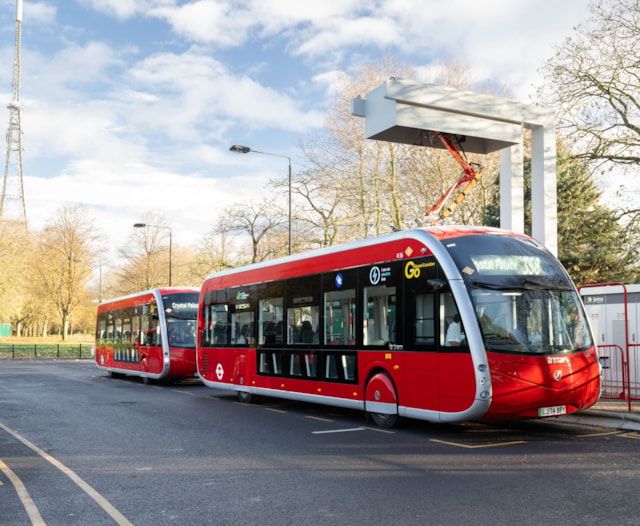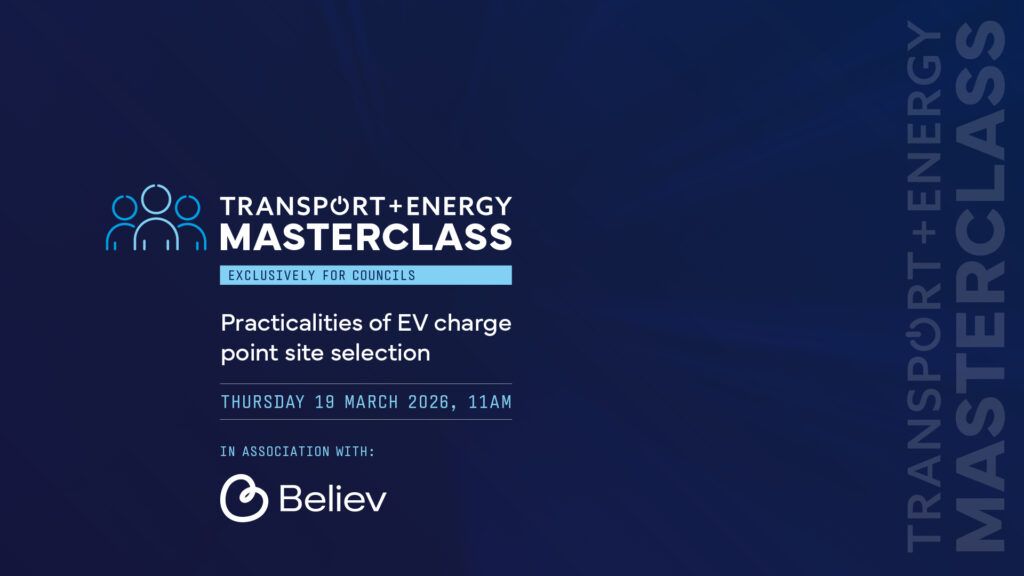Transport for London’s (TfL) commitments on climate action have been validated by the Science Based Targets initiative (SBTi).
The news means TfL’s near and long-term emission reduction targets, as well as its net-zero target, are in line with limiting global warming to 1.5 degrees above pre-industrial levels – meeting the Paris Agreement goals.
The validated targets include TfL’s commitment to reduce emissions from its direct and indirect emission sources (Scopes 1 and 2) by 90% by 2030. Examples include transitioning TfL diesel and petrol vehicles to zero emission technology and increasing the proportion of electricity acquired from renewable sources
In addition, there is a commitment to reducing third party emission sources (Scope 3) such as carbon emissions from TfL’s contracted services, construction projects and supply chain by 45% by 2030.
Longer term, TfL is committing to maintaining a 90% reduction in Scope 1 and 2 emissions sources from 2030 through 2040 and a 90% reduction in absolute Scope 3 emissions by 2040. It also has an overall net-zero target for 2040.
More than 1,900 buses of London’s 9,000 buses are now zero emission, with investment supporting around 3,000 jobs across the UK, in locations such as Ballymena, Falkirk, and Yorkshire.
In October last year, TfL launched the procurement for its first Power Purchase Agreement with the aim of purchasing up to 10% of its electricity from renewable sources by 2026, with the wider ambition for a 100% renewable energy supply in 2030.
Across London, TfL is also converting to LED lighting, which uses up to 60% less energy than traditional lighting while providing around 10 % brighter light. Currently, more than a third of Tube stations across London have been converted to LED lighting, and TfL expects to have all bus shelters, including those used in advertising panels, converted to LED lighting in 2025.
For construction and building projects, TfL is taking an active approach to decarbonisation by recently signing up to the Construction Leadership Council’s Five Client Carbon Commitments. Progress for including low carbon requirements in its contracts has been undertaken in major construction projects like Old Street, Neasden and Surrey Quays. Plans included reducing the 25% of embodied carbon emissions from steel and 20% of the same from concrete materials on site and work towards emission-free deliveries by 2030 and diesel-free sites by 2035.
Deputy Mayor for the Environment, Mete Coban, said:
“This is brilliant recognition for all the work TfL is doing to reduce carbon emissions not just within the organisation but across their whole supply chain.
“The Mayor is committed to leading the way on cutting carbon emissions and initiatives like this are helping us to continue building a better, greener London for everyone.”
Lilli Matson, Chief Safety, Health and Environment Officer at Transport for London, said:
“As the capital’s public transport provider, we have a vital role to play in reducing carbon emissions, ensuring our organisation and network are making a major contribution in response to the climate emergency and taking action to reduce harmful pollution in our city. We will continue to maximise our efforts to maintain London’s place as a world leading sustainable city.”
Susan Jenny Ehr, Interim Chief Executive Officer from the Science Based Targets initiative, said:
“Climate science is clear: rapid and deep emissions cuts are essential if we are to achieve global net-zero. Today, Transport for London steps up, joining the growing list of companies cutting emissions across its entire value chain in line with science, and actively contributing to limiting warming to 1.5°C.”
Quentin Given, of the London Friends of the Earth Network, said:
“TfL’s actions show that by being decisive and committed, even the largest organisations can ditch fossil fuels and lead the way in tackling the climate emergency.”
Rosie Allen, Policy Adviser at Green Alliance, said:
“Transport for London is setting the standard for what ambitious, science based carbon reduction targets should look like. Showing that bold action to decarbonise the UK’s most emitting sector is not only possible, but is already happening and exceeding expectations. It’s safe to say no red signal is stopping London’s climate goals from going full speed ahead.”
Image courtesy of TfL












